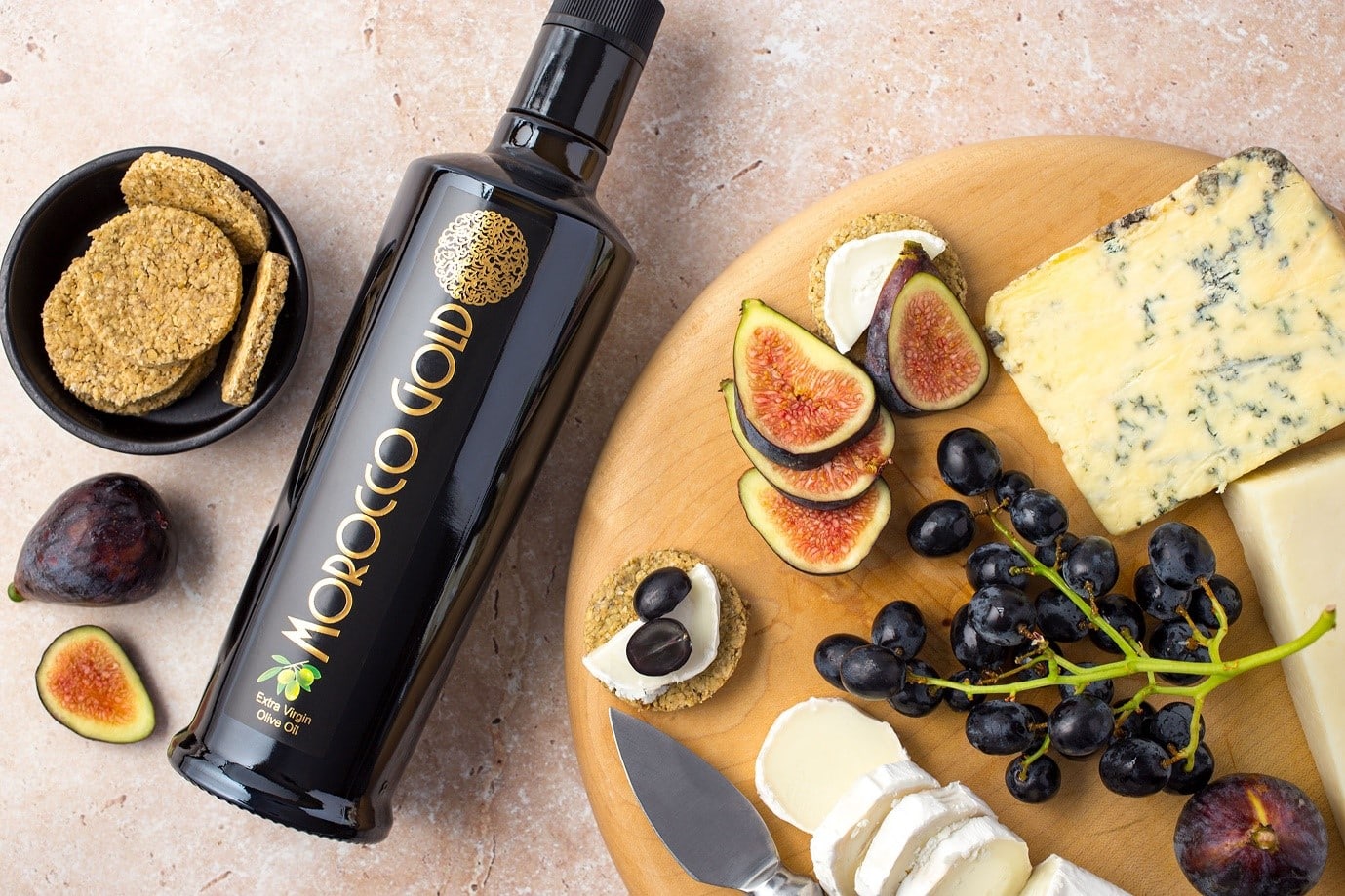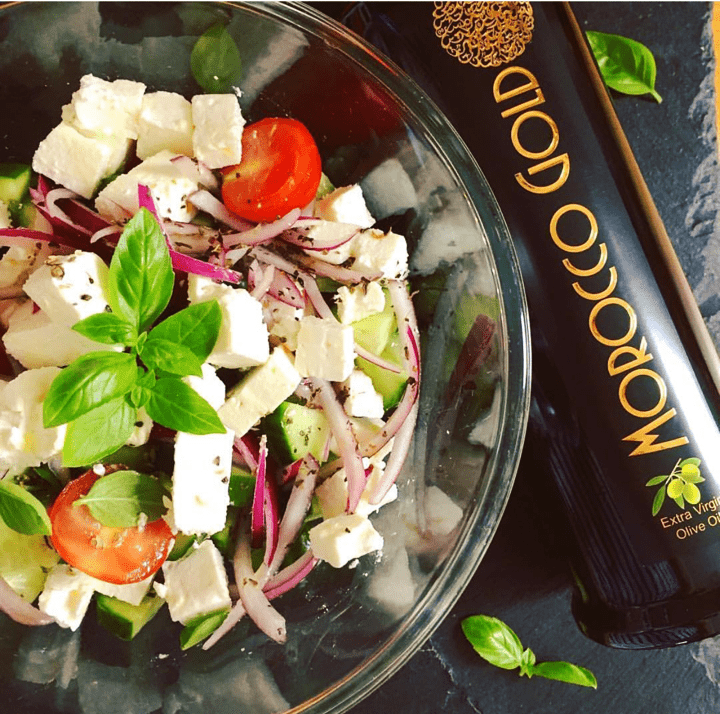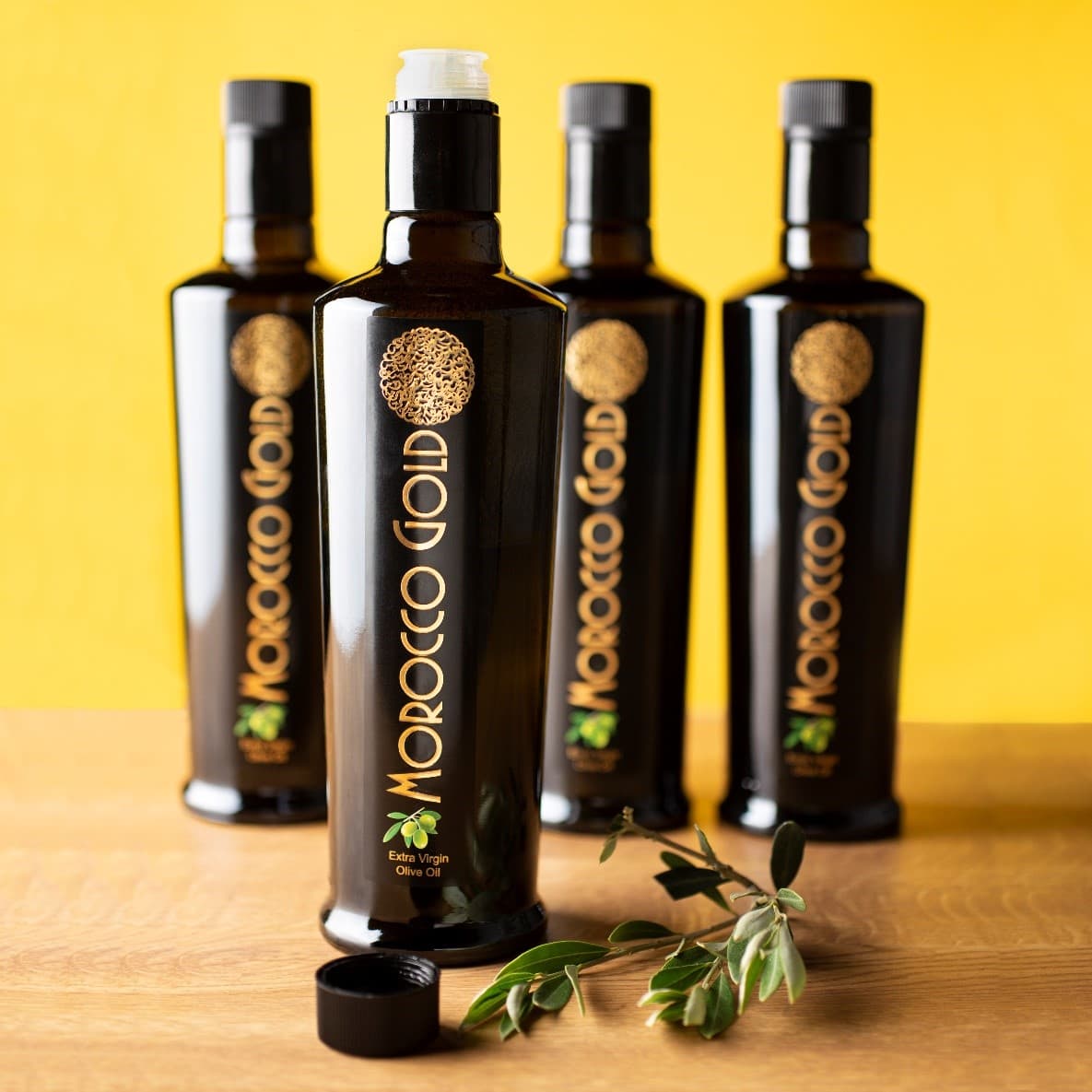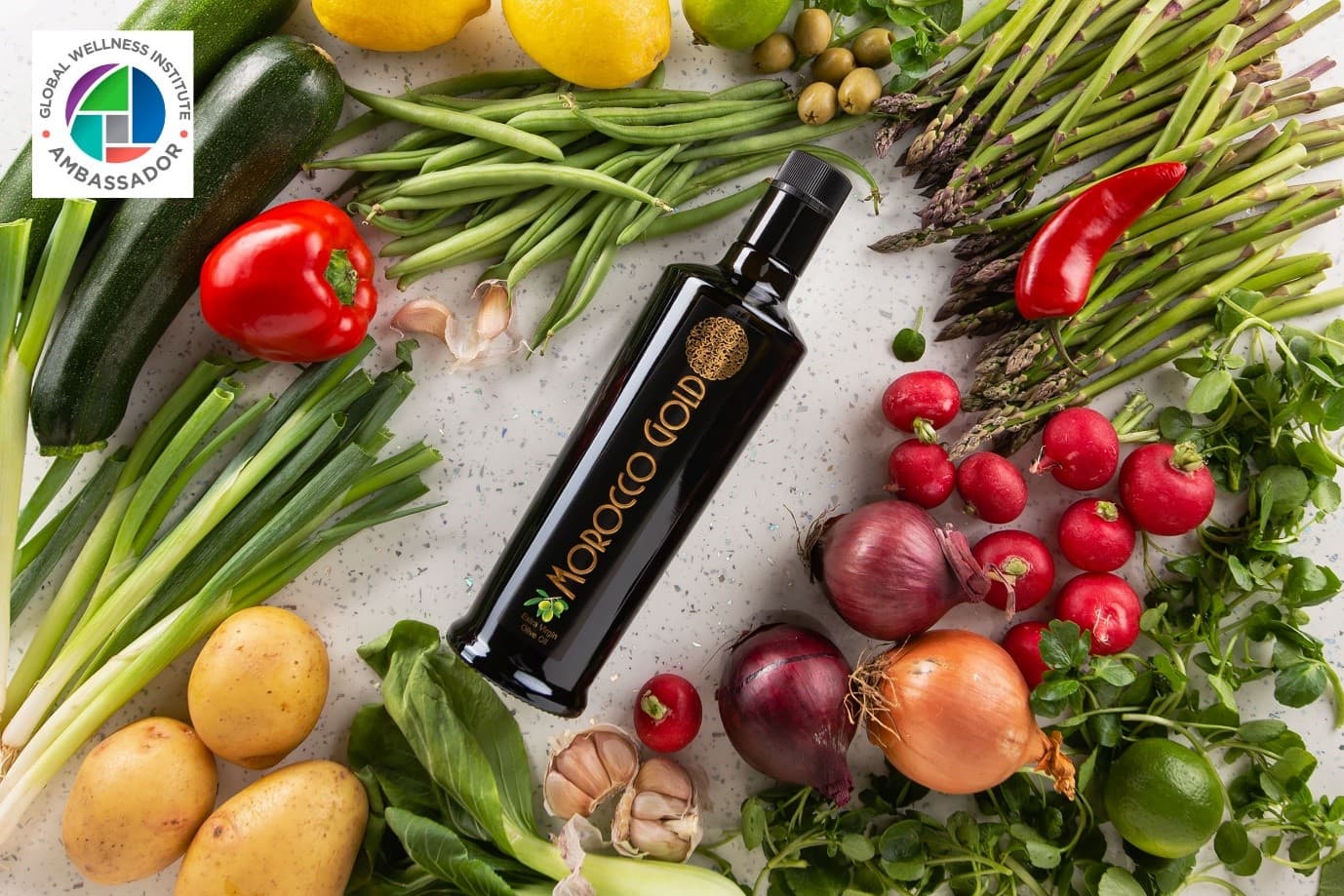Why The Fuss About Fats
Why Can Healthy Fat Choice Such As Olive Oil Reduce Heart Disease Risk?
Summary
- Choosing a healthy fat like extra virgin olive oil is crucial to maintaining a heart-healthy diet.
- Extra virgin olive oil contains both monounsaturated and polyunsaturated fats – both of which help to boost our absorption of vitamins and provide essential fatty acids.
- Monounsaturated fats like extra virgin olive oil play a significant role in reducing LDL cholesterol levels while simultaneously increasing HDL cholesterol—the “good” cholesterol.
Contents
In today’s health-conscious world, the importance of making the right dietary choices has never been more highlighted. Among these choices, healthy fats are often at the centre of the debate, especially when it comes to heart health. But why is it so crucial to choose the right kind of fat?
In short: Healthy fats like extra virgin olive oil support heart health by lowering bad cholesterol, reducing inflammation, and improving nutrient absorption.
This exploration begins with one of the most celebrated fats – extra virgin olive oil. We will uncover its benefits and compare it against other fats, including saturated, monounsaturated, polyunsaturated, and trans fats.
Contrary to misconceptions, fat is actually a nutrient with important functions, but it is crucial to know the risk factors associated with too much saturated fat.
Fat, including the monounsaturated fat found in quality olive oil, is a rich source of energy, providing more than double that of either carbohydrate or protein. It is a carrier for the fat-soluble vitamins A, D, E and K. It provides the essential fatty acids, including oleic acid linoleic and alpha-linolenic acid, which are polyunsaturated.
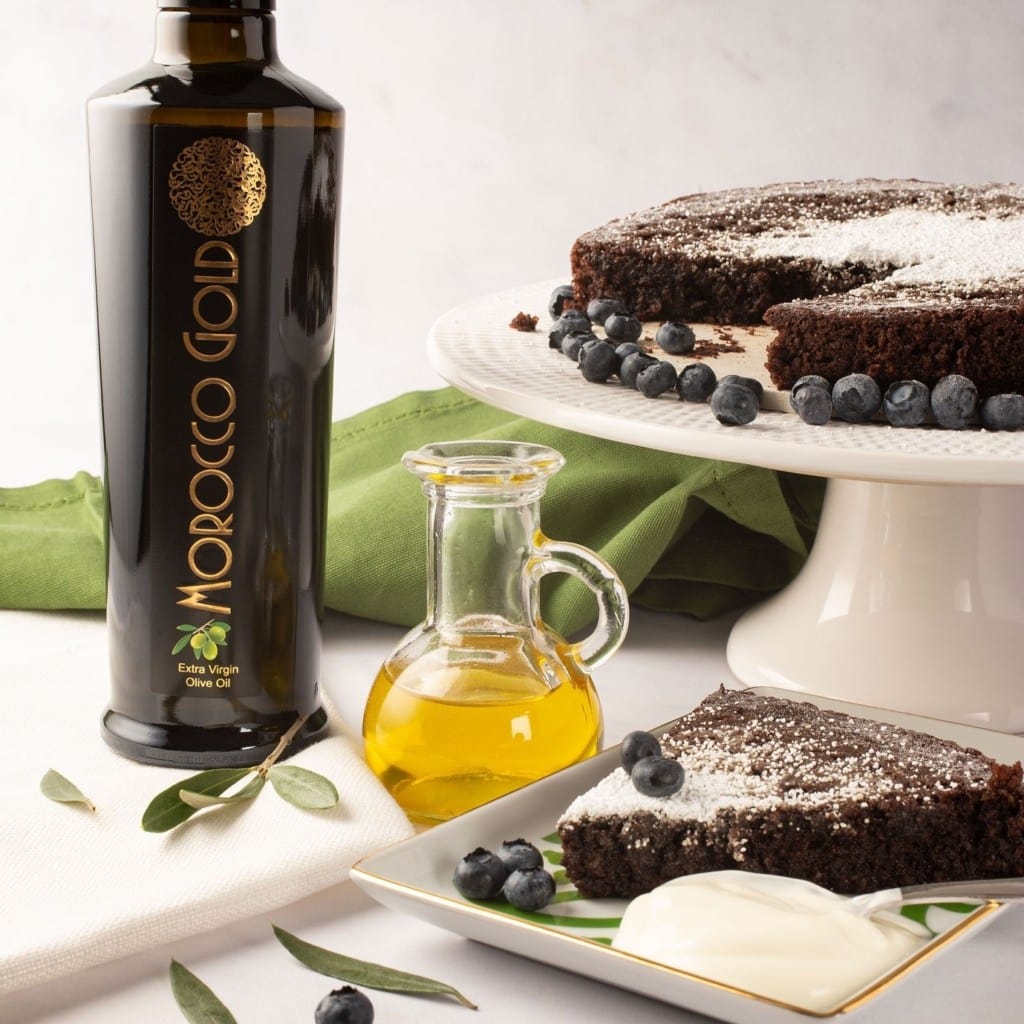
To remain healthy, we need moderate amounts of the right type of unsaturated fats eaten as part of a good, balanced diet such as the Mediterranean Diet.. However, a high fat intake and in particular, a high intake of saturated fats is associated with raised blood cholesterol and coronary heart disease.
Extra Virgin Olive Oil: Why choose it over other fats?
Extra virgin olive oil often reigns supreme when discussing healthy fats. Its popularity isn’t just due to its rich flavor but also its profound health benefits. But what exactly makes this oil the darling of heart health enthusiasts?
Firstly, extra virgin olive oil is loaded with antioxidants and anti-inflammatory properties. These compounds play a crucial role in reducing oxidative stress and inflammation in the body, both of which are known contributors to heart disease. Additionally, the high levels of oleic acid, a monounsaturated fat, further enhance its heart-protective qualities. Studies have shown that oleic acid can help lower bad cholesterol levels, which is pivotal in maintaining a healthy heart.
The benefits don’t stop there. Regular consumption of extra virgin olive oil has been linked to improved endothelial function—the functioning of the cells that line your blood vessels. This is vital for controlling blood pressure and ensuring smooth blood flow, thus reducing the risk of heart attacks. Incorporating this oil into your everyday diet is a delicious way to promote heart health.
According to sports dietitians Kelly Jones, M.S., R.D. and Lori Nedescu, M.S., R.D.N. olive oil is one of the healthiest oils because of its heart-healthy fats.
Fats are made up of fatty acids and glycerol. A fatty acid consists of a chain of carbon atoms, where each carbon atom in the chain is attached to hydrogen atoms. The number of hydrogen atoms per carbon atom determines whether the fatty acid is saturated or unsaturated.
In short: Extra virgin olive oil is rich in oleic acid and antioxidants that protect your heart, reduce inflammation, and maintain healthy cholesterol levels.
What Are Saturated fats?
Saturated fats have often been demonized due to their association with increased cholesterol levels and heart disease. Found primarily in animal products like butter, cheese, and red meat, these fats are solid at room temperature.
One of the main concerns with saturated fats is their ability to raise LDL cholesterol, commonly known as the “bad” cholesterol. When LDL levels increase, they can lead to the buildup of plaque in the arteries, escalating the risk of heart attacks and strokes. This is why health experts recommend limiting saturated fat intake to no more than 10% of your daily caloric intake.
However, it’s important to note that not all saturated fats are created equal. Recent studies suggest that certain sources, such as those found in coconut oil, may have different effects on heart health due to their unique chemical structures. Nonetheless, moderation is key when it comes to saturated fats, and choosing healthier alternatives, like extra virgin olive oil, can make a significant impact on heart health.
If a fatty acid has all of the hydrogen atoms it can hold (2 per carbon atom in the chain) and all of the carbon atoms in the chain are linked by single bonds, it is described as saturated.
They are usually solid or semi-solid at room temperature and are strongly associated with raised blood cholesterol which is why nutritionists recommend eating them as little as possible. Lard, butter, hard cheeses, whole milk, animal fats and palm and coconut oils – plus products containing them – all contain high levels of saturated fat.
Key takeaway: Saturated fats raise LDL cholesterol, which can increase the risk of heart disease — limit intake and choose healthier unsaturated fats instead.
What Are Monounsaturated fats?
Monounsaturated fats are often hailed as heart-healthy heroes. Unlike saturated fats, they remain liquid at room temperature and are found in a variety of plant-based oils, such as extra virgin olive oil, avocado oil, and canola oil.
These fats play a significant role in reducing LDL cholesterol levels while simultaneously increasing HDL cholesterol—the “good” cholesterol. This dual action is crucial for maintaining clean and flexible arteries, which in turn helps prevent cardiovascular diseases.
Beyond cholesterol management, monounsaturated fats also offer anti-inflammatory benefits and enhance insulin sensitivity. Incorporating foods rich in these fats into your diet, such as avocados, nuts, and seeds, alongside extra virgin olive oil, can provide a well-rounded approach to boosting heart health.
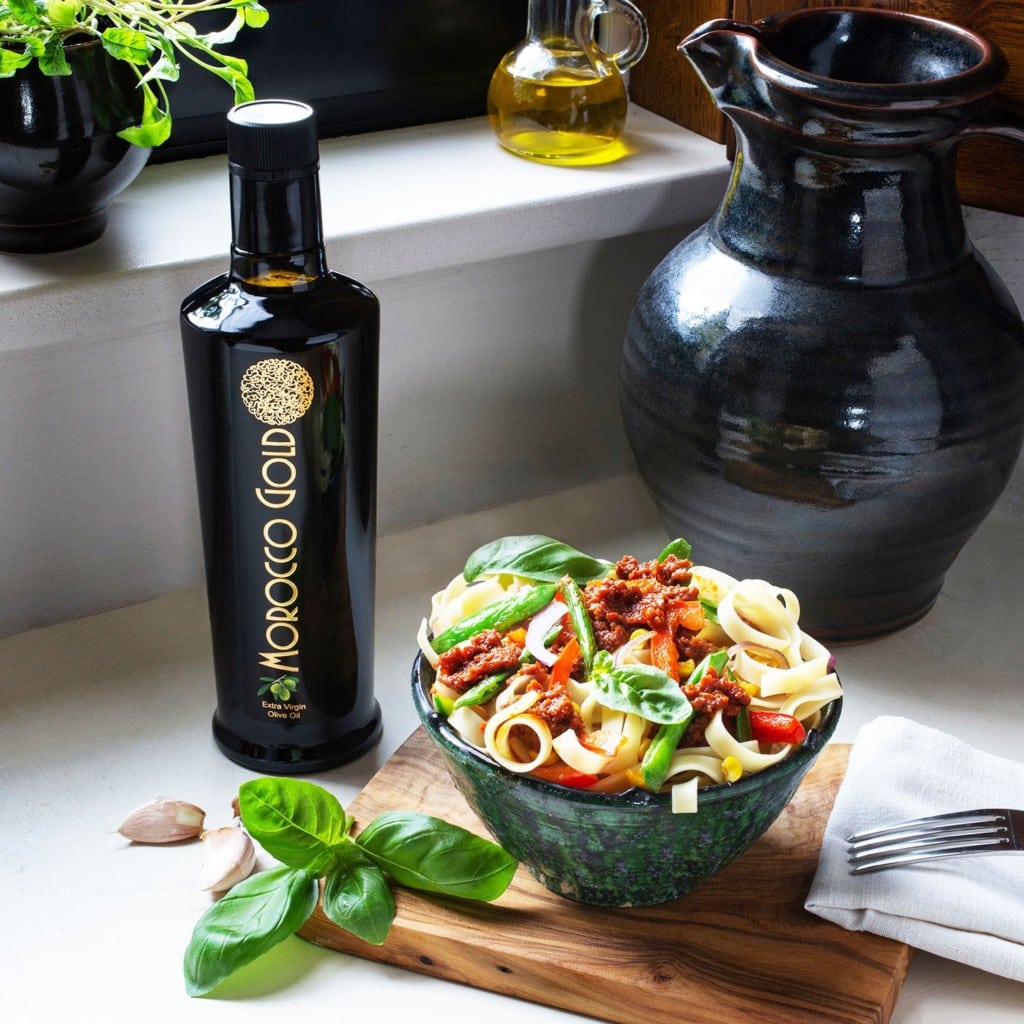
If a pair of carbon atoms in the fatty acid chain is linked by a double bond instead of a single bond, it is described as a monounsaturated fatty acid. Hope you’re still following us! Fats rich in monounsaturates tend to be liquid at room temperature. Olive Oil is one of the richest sources of monounsaturated fatty acids.
Monounsaturated fats—omega-6s in the case of olive oil—are important because they help boost heart health. This is important for helping prevent health issues such as cardiovascular disease or stroke.
In short: Monounsaturated fats, like those in Morocco Gold olive oil, lower LDL and raise HDL cholesterol, improving cardiovascular health.
What about Polyunsaturated fats?
Polyunsaturated fats are another essential player in the realm of heart health. They include omega-3 and omega-6 fatty acids, which are vital for the body’s functions but cannot be produced internally, necessitating their inclusion in the diet.
Omega-3 fatty acids, found in fatty fish like salmon, walnuts, and flaxseeds, are renowned for their heart-protective properties. They help reduce inflammation, lower triglyceride levels, and even decrease the risk of arrhythmias. Omega-6 fatty acids, found in vegetable oils such as soybean and corn oil, also contribute to heart health when consumed in moderation.
Balancing the intake of omega-3 and omega-6 is crucial, as an imbalance can lead to inflammation. Aim to include a variety of polyunsaturated fat sources in your diet to harness their full range of benefits.
As the name suggests, these contain more than one double bond and are liquid at room temperature. The main sources of polyunsaturated fats are vegetable oils, such as sunflower oil, corn oil and rapeseed, but not tropical oils such as coconut, palm and palm kernel oils.
Key takeaway: Omega-3 and omega-6 fatty acids are essential for heart and brain function — balance them by combining olive oil with fish, nuts, and seeds.
What Are Trans fats!
Trans fats are the villains in the world of dietary fats. Both naturally occurring and artificial trans fats exist, the latter being particularly harmful. These are most commonly found in processed foods, like baked goods and fried items, as they are used to increase shelf life.
The major issue with trans fats is their impact on cholesterol levels. They significantly raise LDL cholesterol while simultaneously lowering HDL cholesterol, creating a perfect storm for heart disease. The detrimental effects of trans fats extend beyond cholesterol, as they also promote inflammation and insulin resistance.
Due to these health risks, many countries have implemented regulations to limit trans fat content in foods. It’s advisable to check food labels for “partially hydrogenated oils” and avoid products containing these heart-harming fats.
Just when you thought you were keeping up, we introduce another one! Trans fats are created when a hydrogenation process is applied to solidify oil for use in margarines or to improve a product’s shelf life. This processing it to act like a saturated fats.
In short: Artificial trans fats increase bad cholesterol and inflammation — avoid processed foods with partially hydrogenated oils.
What Is In 1 Tablespoon Of Extra Virgin Olive Oil?
A single tablespoon of extra virgin olive oil packs a punch in terms of health benefits. It contains approximately 120 calories and 14 grams of fat, of which 73% is oleic acid, the heart-healthy monounsaturated fat.
In addition to oleic acid, this tablespoon is rich in antioxidants and vitamin E, both of which are potent protectors against oxidative damage. The anti-inflammatory compounds found in extra virgin olive oil work synergistically with its healthy fats to improve overall cardiovascular health.
Incorporating just one tablespoon into your daily diet can contribute significantly to meeting your heart-healthy fat requirements. Use it in salad dressings, drizzle it over cooked vegetables, or simply enjoy it with fresh bread—the possibilities are endless and delicious.
One serving or 1 tablespoon of extra-virgin olive oil contains the following:
- 120 calories
- 10 grams of monounsaturated fat
- 2 grams of saturated fat
- 2 grams of polyunsaturated fat
- 1.9 milligrams of vitamin E (10 percent of Daily Value)
- 8.1 micrograms of vitamin K (10 percent of DV)
The following illustrates the differing fat contents of a range of products.
Incorporating more healthy fats into your diet doesn’t have to be complicated. Start by replacing unhealthy fats with heart-friendly alternatives like extra virgin olive oil. Pair this with a diet rich in fruits, vegetables, lean proteins, and whole grains for a comprehensive approach to heart health.
For those looking to explore further, consulting with a nutritionist can provide personalized guidance on incorporating healthy fats into your diet. Remember, every choice you make towards healthier fats is a step towards a stronger, healthier heart.
Key takeaway: One tablespoon of extra virgin olive oil offers a perfect balance of healthy fats, vitamin E, and antioxidants to support daily wellness.

